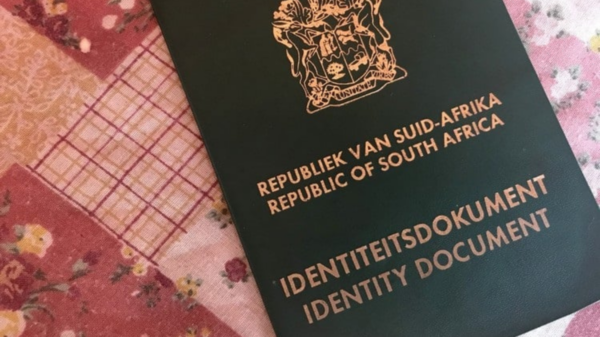An amendment to the law that governs how courts treat bad-debt judgments against companies and individuals makes it much easier for these to be revoked once paid up.
Finally some good news for South African companies and individuals that have been affected by court judgments for bad debt: Once paid up, bad-debt judgments will now be much easier to remove.
This comes after an amendment (Clause 14 into Section 23A of the Courts of Law Amendment Act No. 7 of 2017) to the law on how courts handle bad-debt judgments.
As of 11 March 2019, a company or consumer that has settled their bad debt no longer needs to prove to the courts that there is a sound reason for their judgments to be removed. Previously, those with bad-debt judgments against them had to follow an arduous process known as rescission of judgment, which basically means having a judgment revoked.
Rescission of judgment historically involved a lot of red tape, including a lengthy application process and solid justification, and often hefty costs – and after all of this, there was still no guarantee that the court would accept the justification provided, and consent to reversal of the judgment.
Now, a company or consumer simply needs to show that their debt – including any interest and/or costs accrued from the judgment – has been paid in full, and the related bad-debt judgment can be reversed by the court. There is also no longer need to obtain permission for reversal from the party that obtained the judgment originally.
What does the amendment mean for pbVerify customers?
As South Africa’s leading data bureau, one of pbVerify’s priorities and chief services to you, as our valued client, is to allow you to grant credit to customers with complete confidence. This is why we welcome the latest amendment to the Courts of Law Amendment Act.
If you are a business that has customers for whom you have requested bad-debt judgments, the amendment means those customers now have far more incentive to pay up their debt, as this will allow them to have the judgment against their name removed. Previously, many individuals may have shirked paying their debts, because the judgment against their name would still stand.
If you are a business that yourself has a bad-debt judgment, you can now rest assured that, after paying the relevant creditor or originator of the judgement, you can wipe your company’s bad-debt slate clean.
While there are still processes and costs involved – and some feel the move may benefit companies more than individual consumers – it has been lauded as largely beneficial for any debtor that wants to clear their credit record.
[REFERENCES]
- Business Insider – Bad debt judgments now easier to overturn with new rescission rules
- The Department of Justice and Constitutional Development – Self-help guidelines for Consent Rescission of Default Judgment
- RNEWS – New provisions for rescissions of Paid-Up Judgements
- Fin24 – Rescission of judgment explained
- Parliament (PDF) – Portfolio Committee amendments to the Courts of Law Amendment Bill
pbVerify provides an easy to use, web-based system that instantly connects your business to real-time consumer and business information from the four largest credit bureaus in South Africa, the Companies and Intellectual Property Commission, Deeds Office and other business-critical data providers. pbVerify’s business tools enable you to instantly access current and accurate information to assist you in preventing fraud, identifying, tracing and assessing debtors, and effectively managing risk in your business at all times.




































